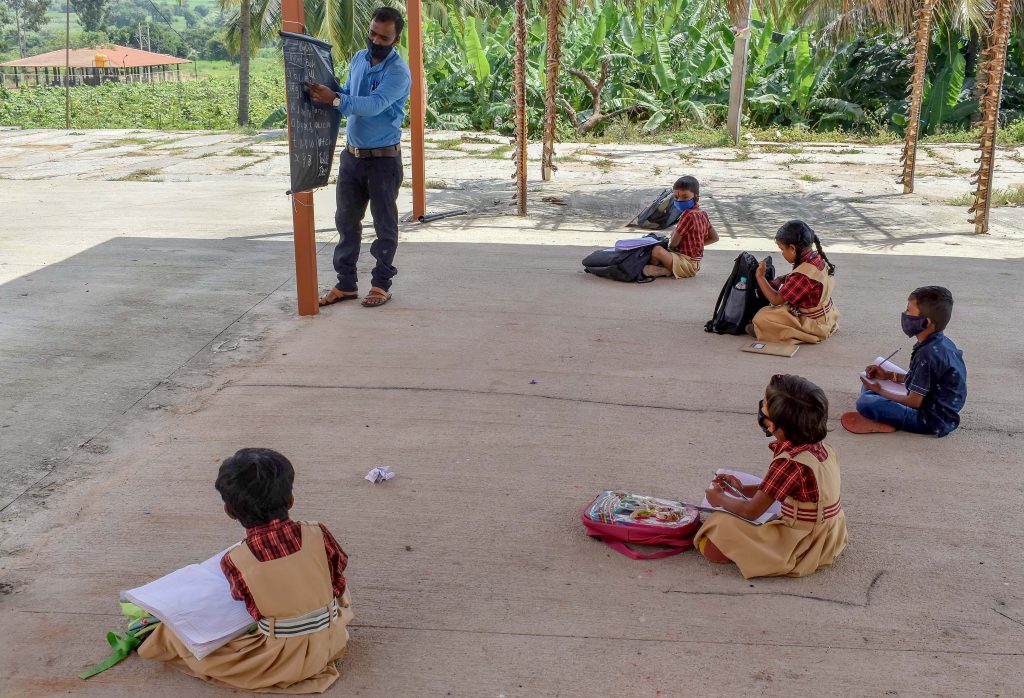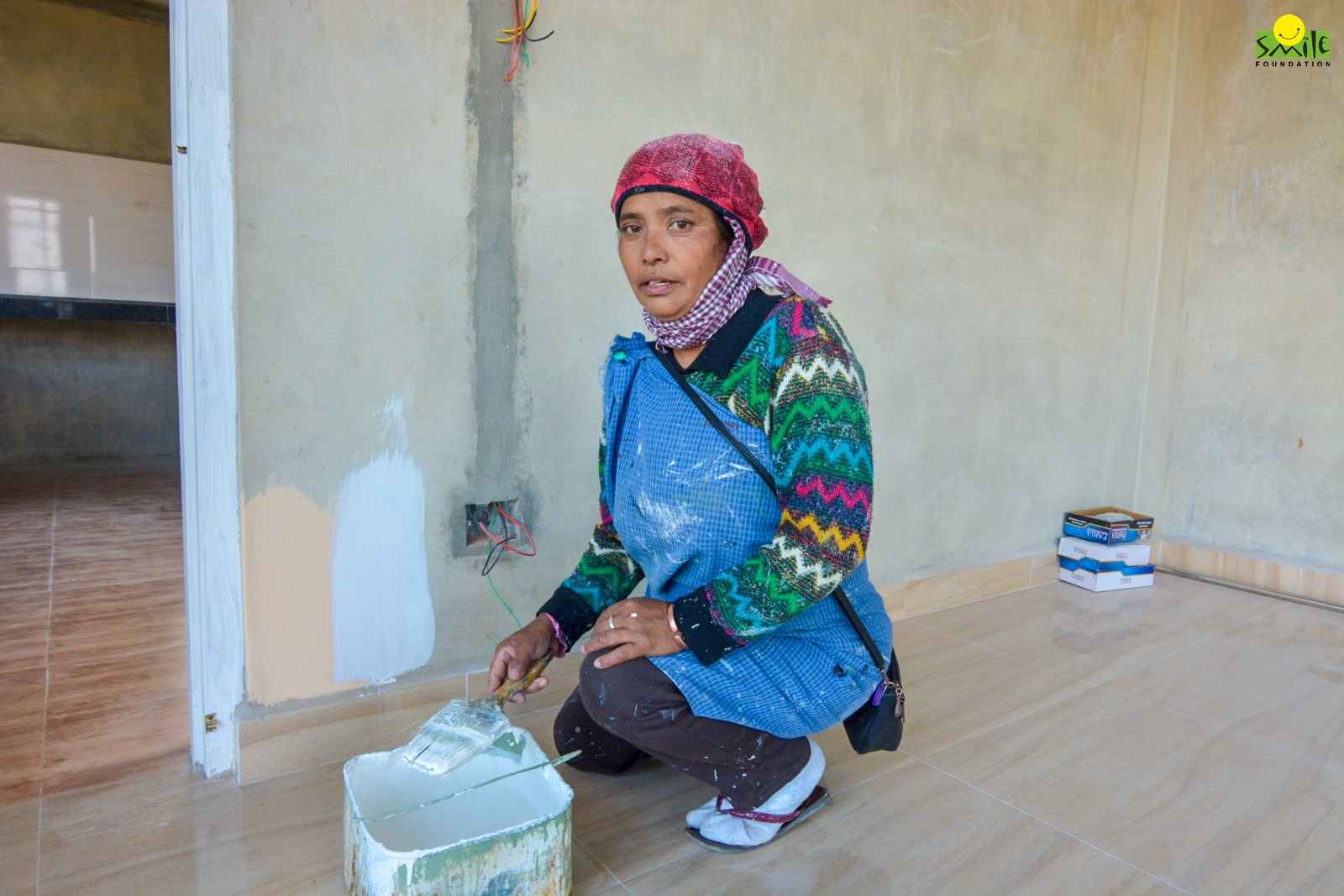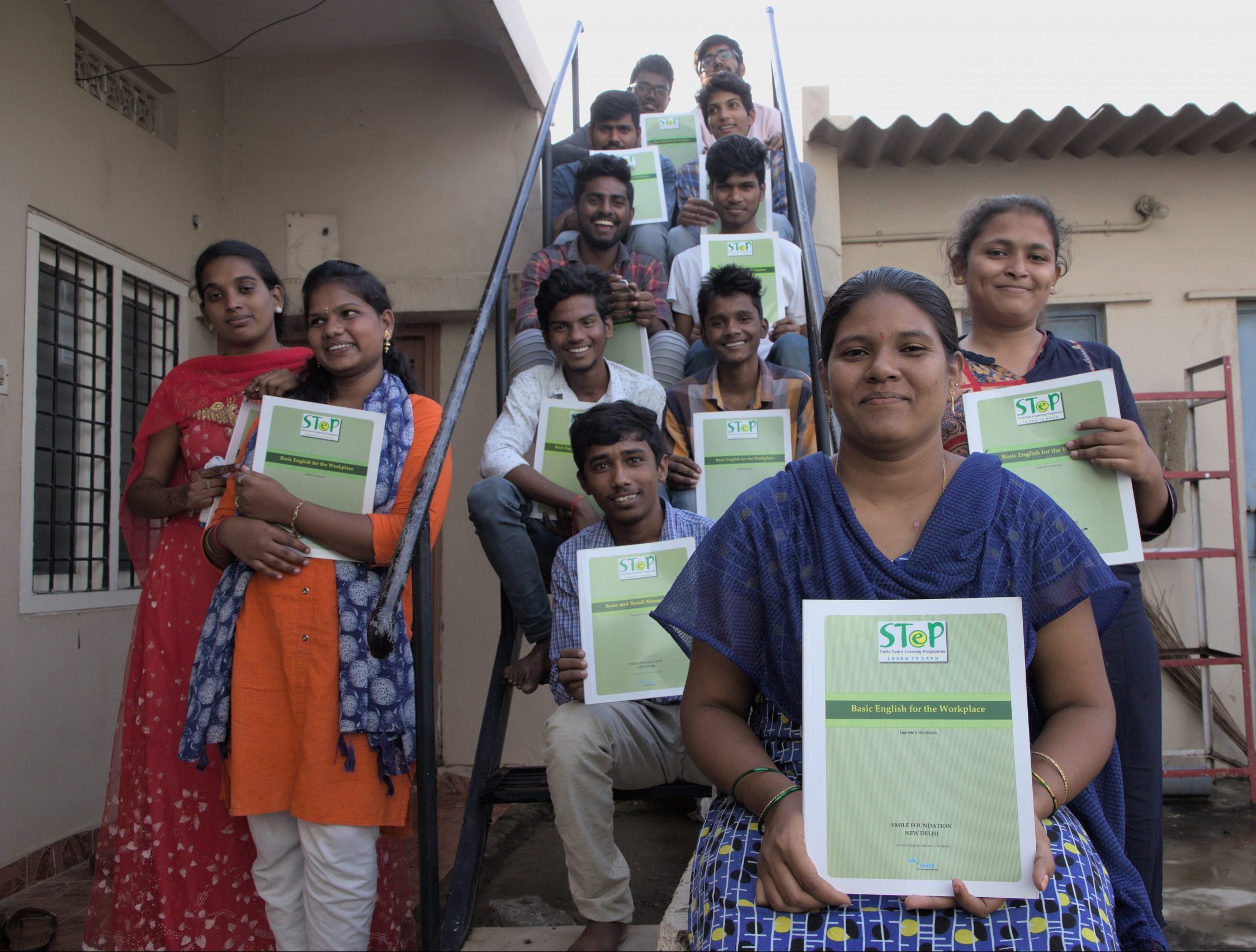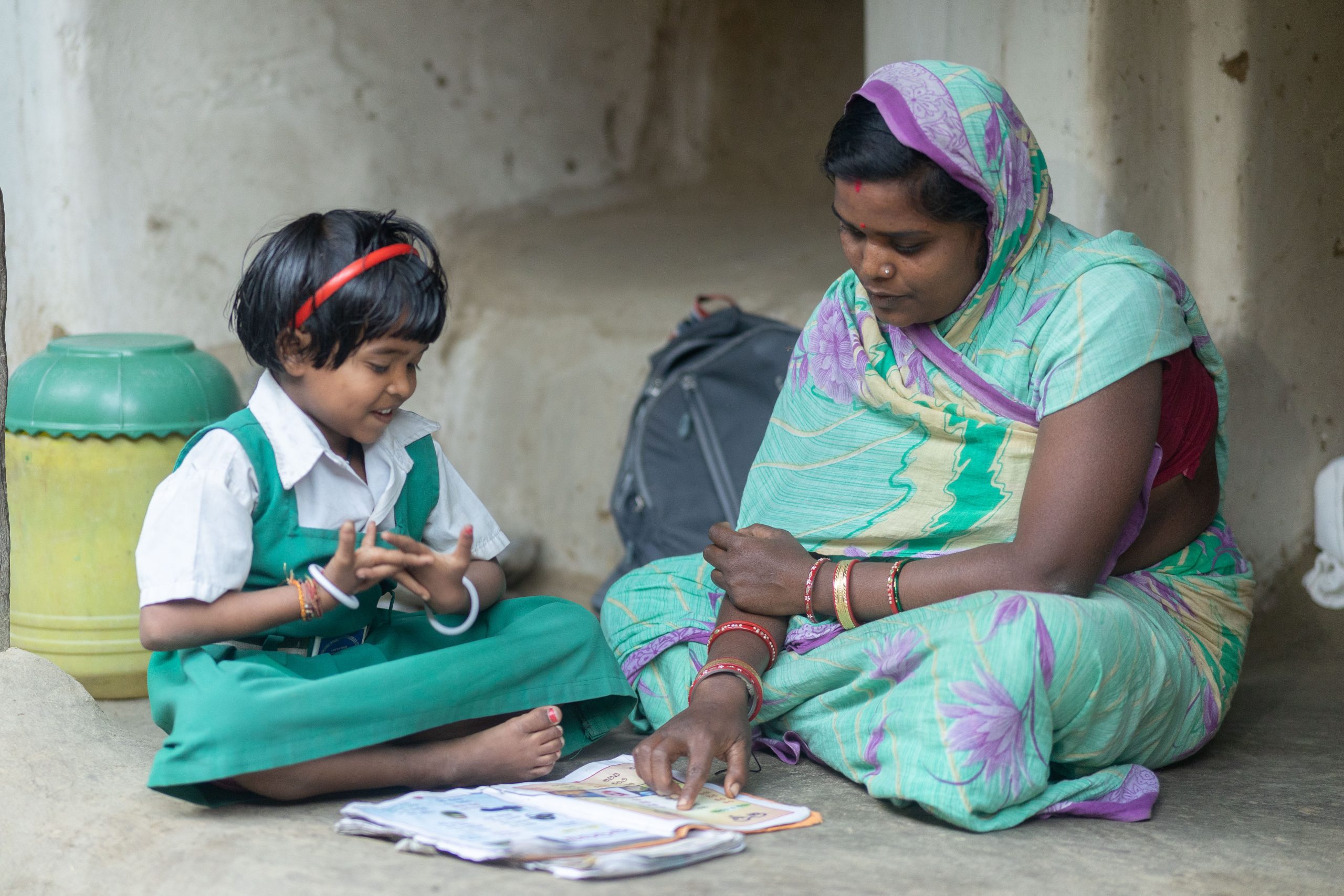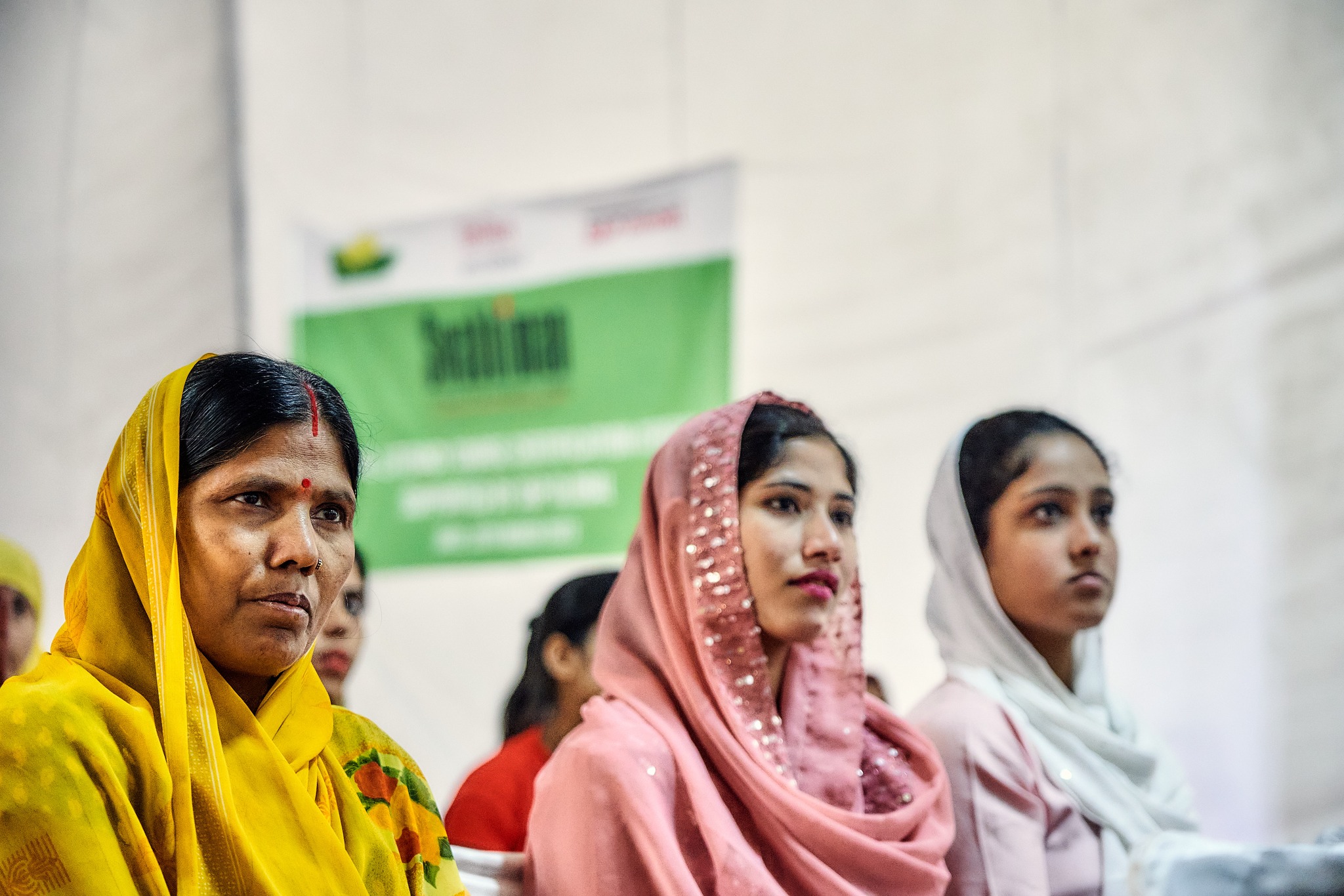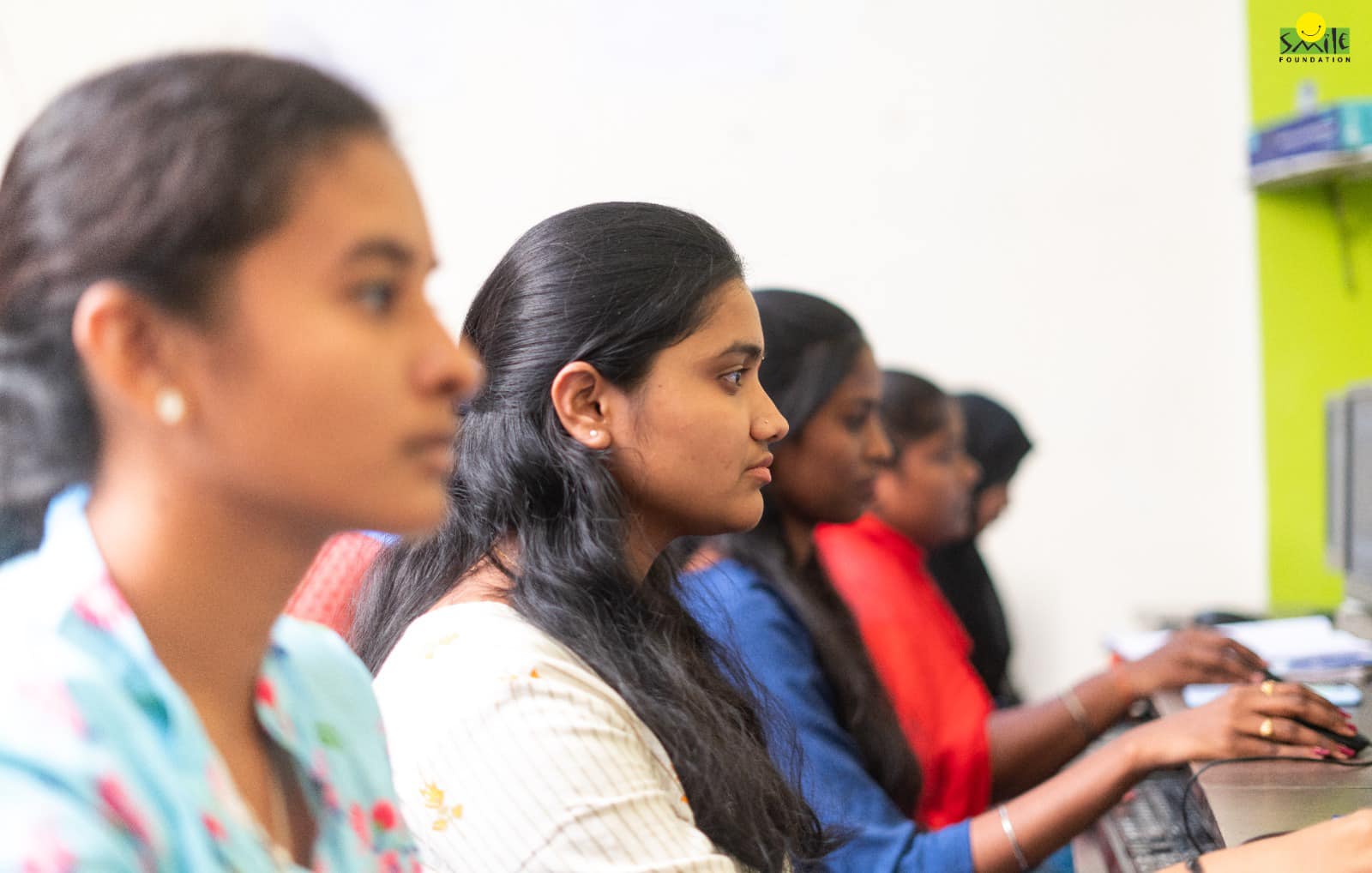Inclusive education (IE) is a new approach for educating children who are differently abled and face learning difficulties. Inclusive Education seeks to address the learning needs of all children with a specific focus on those who are underprivileged, vulnerable to marginalization and exclusion. The approach implies all learners – with or without disabilities to be able to learn together through access to common schools and community educational setting with an adequate network of support services. The principle of inclusive education was adopted at the World Conference on Special Needs Education: Access and Quality held at Salamanca, Spain 1994and was restated at the World Education Forum at Dakar, Senegal 2000.
Teachers play a critical and decisive role inthe processes of inclusive culture in a teaching-learning environment. The attitude and values of teachers have a major and everlasting effect on theself-esteem and emotions of young learners. The policies and efforts for facilitating inclusive educationwill not be successful if teachers, are not well equipped with the appropriate knowledge, skills and values.
Classroom teachings need be based more on realistic and honest experiences, a component thoroughly highlighted in the New Educational Policy 2020. When children share their experiences, it helps teachers understand the psycho-social attributes and needs of the learners, their special abilities and characteristics, their preferred mode of motivationand learning which most of the times results from home and community socialization. Hence it is very important that teachers are trained adequately and sensitised to the needs of each and every child in a classroom.
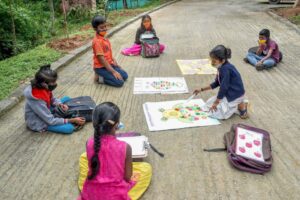
In a country where traditional forms of learning — such as blackboard teaching and reading from the textbook have been more prevalent, teachers will now have to unlearn their traditional approach to learning and once again learn how to use a new experiential framework while guiding students.The COVID-19 pandemic has given an unexpected push to online education in India, it facilitated the continuation of formal education as schools were closed to mitigate the spread of Covid-19. In times such as these when everything is being conducted online it has become all the more urgent and important that teachers mainly those belonging to remote rural areas be enabled and empowered in all aspects of digital education which in turn will help the children with limited or no access to proper digital education which is also inclusive in nature. An optimal teacher training program will prepare teachers for the future, help them become more literate digitally and help in incorporating digital learning with the traditional methods.A change in the attitude of teachers can have an influential effecton the successful implementation of inclusive education, children will be more attentive and empathetic towards the needs of their peers.
Teacher Training programmes do not only deliver basic education to teachers but also help in creating awareness towards issues like educating of the girl child, women empowerment, awareness on the eradication of casteism, equal civic rights among all individuals, etc which will help lay the foundation of a better and promising India.
To know more visit https://www.smilefoundationindia.org/education.html



